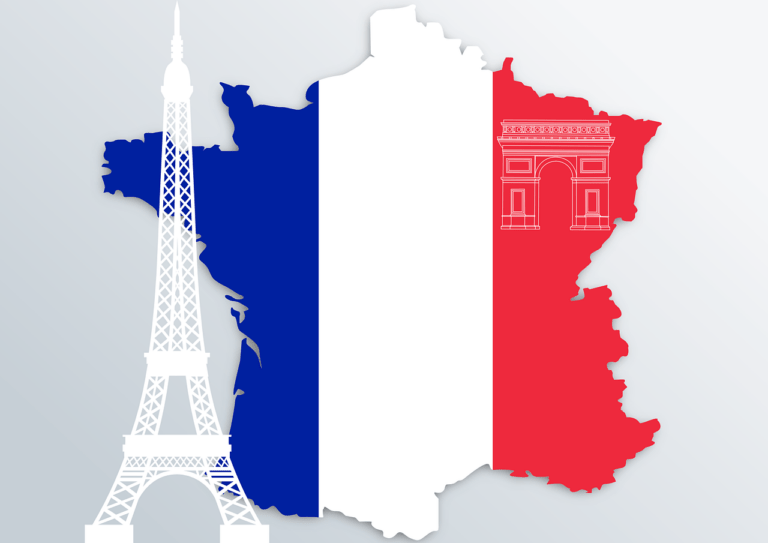Chinese fishing companies cruel treatment of their Ghanian employees

Fishing is an important contributor to the Ghanaian economy. Much of the fish consumed in Ghana comes from Ghanaian waters and it is so abundant that Ghana allows foreign companies to fish in its waters. China, Korea, Japan and many other countries have fishing companies that catch their produce on the shores of Ghana. The reasons are numerous. Ghana is open to cooperation and trade with foreign companies. Ghanaians are fond of foreigners, especially light-skin westerners, whom they call obroni, whether they are Caucasian, Asian, African Americans or Black British. The extremely pathetic element in this equation is that many Europeans and Asians illtreat Ghanaians, whom they take for granted. It is common to hear of cases where light skin residents in Ghana have treated Ghanaians like slaves, literally. These foreign employers have no respect for their Ghanaian employees and the recent tragedy of Chinese fishing companies in Ghana has drawn the attention of many.
These Chinese bribe Ghanaian authorities when it comes to taxes and various payments to be made before they can start business. They circumvent the law by paying lower amounts of money to individuals in key positions and start their business. Then, galvanized by such an excess of freedom and porous accountability in the system, the Chinese develop an attitude that reflects that they do not consider their Ghanaian employees as human beings who have rights. These employees are subjected to beating, starvation, sleep deprivation, death threats, and even death. Bright Tsai Kweku is a Ghanaian who has unveiled the ill deeds of the Chinese fishing companies operating in Ghana. He is a bosun, an officer in charge of equipment and the crew and has this to say about his own experience and that of his Ghanaian colleagues. “They [the Chinese] beat their Ghanaian employees, they spit on them, kick them, and worse. I have been through that before”. He adds that he remembers having been forced to work for three days without sleep, had food withheld from him and being forced to drink dirty water. The young man recalls that one of his colleagues was “killed” by the Chinese. The employee had contracted cholera on board a Chinese vessel but the crew refused to bring him back to shore for treatment. He didn’t make it back alive. One wonders how Mr Kweku could have witnessed and lived through such trauma and still kept “functioning” as a normal person. That brutality and cruelty are simply beyond imagination.
The Chinese treat their employees the way European slave raiders man-handled their “commodities”, since the slaves were not regarded as human beings. To mention just a few horrendous occurrences that were shared by reliable sources who themselves were victims. “I saw a colleague Ghanaian worker get badly burned on a vessel after a fire ignited onboard. Another colleague got caught by a propeller. Neither survived and their families received no information about what had happened to their loved ones. What makes me very sad in all this is that Ghanaians would be satisfied just a small compensation from the Chinese vessels owners. How can lives be taken by heartless insane racists and the families of the victims expect just a small financial compensation which certainly is nothing to write home about? That attitude displayed by Ghanaians perpetuates this new form of slavery. No court case is mentioned, no culprit is looked for and just some money given to family members quells the tragedy. Researchers should therefore not forget to allot the treatment that Ghanaian employees go through to the owners of Chinese vessels at the top of the list in what is called modern day slavery. It is not only human traffickers that deserve to be put on that list but also the occurrences in Ghana should be enumerated as blatant examples of modern-day slavery. Equating human life with an insignificant amount of money certainly reduces the value of Ghanaians’ lives in the eyes of exploiters who choose to work or do business or establish their companies in Ghana.
The injustice behind this ill-treatment of Ghanaian workers goes beyond the corrupt nature, insensitivity, selfishness and gullibility of the Ghanaian authorities that issue licences to such fishing companies. At the international level, these Chinese companies are indulging in serious violations of environmental laws, among several others. The UK-based Environmental Justice Foundation (EJF) says at least 90 per cent of the industrial trawlers operating in Ghana are owned by Chinese corporations, in contravention of Ghanaian laws on the ownership of vessels fishing under the local flag. A substantial proportion of these vessels have, therefore, engaged in illegal practices. It took that European institution to take a look at this scandal and play the role of whistle blower. The EJF interviewed the vulnerable Ghanaian employees and also scrutinized the Chinese fishing fleet in Ghana. The findings documented include illegal, unreported and unregulated fishing, and human rights abuses by China’s Distant Water Fishing (DWF) fleet in Ghana. The ownership and operational control of China’s DWF fleet is complex and opaque, and that fleet is the largest in the world. Interviews with the employees revealed the following heart-wrenching occurrences: All 36 crew members interviewed by EJF had been forced to work more than 14 hours a day and received inadequate food – 94 per cent had received inadequate medicine or witnessed verbal abuse, 86 per cent reported inadequate living conditions, 81 per cent had witnessed physical abuse and 5 per cent had seen serious injury at sea.
It might help to recall that one of the worst disasters involving a Chinese vessel in Ghanaian waters took place about eight months ago. On 6 May 2022, the MV Comforter 2 sank in stormy conditions. Fourteen crew were rescued, but 11 remain missing, presumed dead, including the state-appointed observer. The body of the Chinese captain was found. One of the survivors recalled the horrors that unfolded that day. Despite storms getting increasingly worse, he says the Chinese crew told the fishermen to pull in an excessive haul in one go. The boat already had a lot of fish on board, and it lost control, capsizing under the weight of the haul and the choppy waters.
The EJF reported that the Chinese Dalian Meng Xin Ocean Fishery Company is the ultimate owner of the MV Comforter 2 and that it is part of the Meng Xin fleet. The Meng Xin fleet has also been linked to one of the most notorious cases on Ghanaian waters in recent times: the disappearance of fisheries observer Emmanuel Essien. Since 2018, Ghana has appointed fisheries observers on board all industrial trawlers operating under the Ghanaian flag. Mr Essien got into a fight with a Chinese national who had stopped him from filming crew that were illegally discarding fish at sea. On 5 July 2019, he went missing. A police investigation found “no signs of violence or anything incriminating”. Those observers are often thrown into the water and many of them receive death threats. But high raking Ghanaian officers at the Ministry of Fisheries throw their weight behind the Chinese. In the midst of all this, the Chinese Embassy in Ghana says that China is a “responsible fishing country”. It is high time the silence around this crime is broken.
Moussa Traoré is Associate Professor at the Department of English of the University of Cape Coast, Ghana.







This is an eye opener piece. Seriously but at the same time on the funny side, these vessels that commit these atrocious human right crimes have some ironic names; MV Comforter. Imagine this! This name and other vessels’ names are similar to the vessels that were used to cart slaves to the new world during the infamous Trans Atlantic slavery…I’m just thinking about Marlene-NourbeSe Philip’s Zong…
Opanyin, thank you for this piece!
Wow. “But high raking Ghanaian officers at the Ministry of Fisheries throw their weight behind the Chinese” as Ghanaian officers and fishermen are manhandled and killed.
Ghana is the only nation in the world where foreigners are valued more than citizens. The narrative here is true. I can attest to this.
Because of small small bribes paid to officers and mostly to the police by the foreigner if there is ever an issue between the foreigner and the local no matter who is right the outsiders is always backed.
It’s that serious. Ghana is in serious trouble.
This article deserve to be share in all ghaneen reading platform. The situation is very sad. I think that it is the same condition of treatment in most of the country where Chinese are there. Even in Guinea Conakry in mining field same reality in terms of human rights and duties and respect of environment.
Many thanks Prof for the quality of your paper.